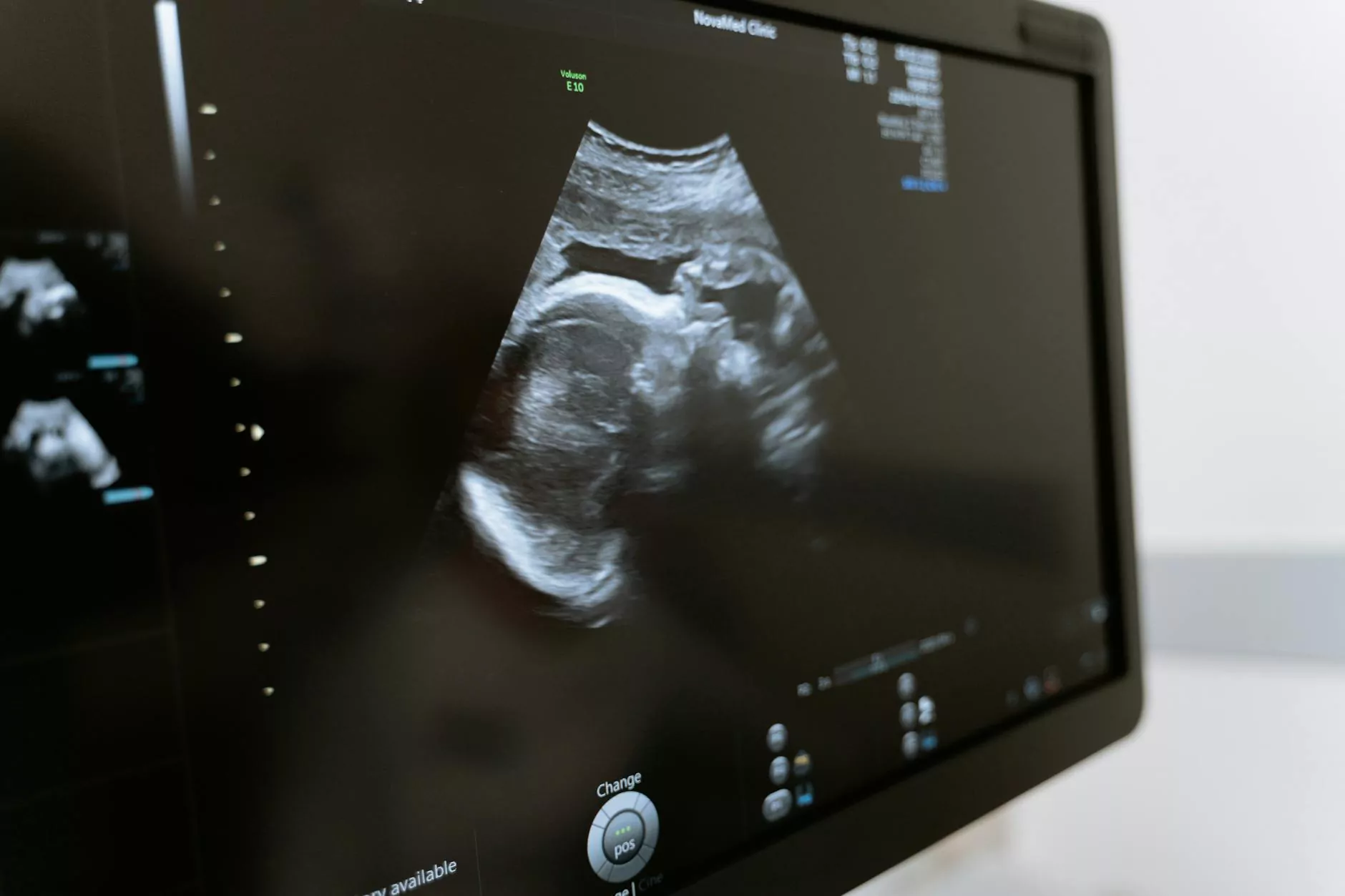Understanding Endometriosis: The Essential Guide to Choosing the Right Endometriosis Center

Endometriosis is a complex and often debilitating condition that affects millions of women worldwide. Characterized by the presence of tissue similar to the lining of the uterus growing outside of it, endometriosis can cause severe pain, infertility, and other health complications. Due to the intricate nature of this condition, finding the right endometriosis center is crucial for effective diagnosis and treatment.
What is Endometriosis?
Endometriosis occurs when endometrial-like tissue, which normally grows inside the uterus, begins to grow outside of it. This can occur on the ovaries, fallopian tubes, the outer surface of the uterus, and other organs within the pelvis. Some of the common symptoms include:
- Pelvic Pain: Often described as the most debilitating aspect, this pain can be severe and chronic.
- Menstrual Irregularities: Heavy periods (menorrhagia) or bleeding between periods are common.
- Infertility: Endometriosis is found in many patients who are infertile.
- Pain during intercourse: Many women experience significant discomfort during or after sex.
- Pain with bowel movements or urination: Usually observed during menstrual periods.
- Other symptoms: Fatigue, diarrhea, constipation, bloating, and nausea.
Understanding the Causes of Endometriosis
While the exact cause of endometriosis remains unknown, several theories have been proposed. These include:
- Retrograde Menstruation: This theory suggests that menstrual blood flows backward through the fallopian tubes into the pelvic cavity instead of leaving the body.
- Embryonic Cell Transformation: Hormones such as estrogen may transform embryonic cells into endometrial-like cell implants during puberty.
- Immune System Disorders: Issues with the immune system may fail to recognize endometrial-like tissue growing outside the uterus.
- Genetic Factors: Endometriosis tends to run in families, indicating that genetic predisposition may play a role.
The Importance of an Endometriosis Center
Choosing the right endometriosis center is vital for managing the condition effectively. A center specializing in endometriosis will offer a variety of services, including:
- Comprehensive Diagnosis: Effective diagnosis often includes detailed pelvic examinations, ultrasounds, MRIs, and sometimes laparoscopic surgery.
- Specialized Treatment Plans: Treatment may include pain management, hormonal therapies, and surgical options tailored to individual needs.
- Multidisciplinary Approach: Access to a team of specialists, including gynecologists, pain management specialists, and mental health professionals.
- Support and Resources: Educational resources and support groups help patients navigate their journey.
Evaluating an Endometriosis Center: Key Considerations
When looking for an endometriosis center, consider the following key factors:
- Expertise of the Healthcare Team: Ensure that the center has healthcare professionals experienced in diagnosing and treating endometriosis.
- Patient Reviews and Testimonials: Seek out feedback from other patients to gauge the quality of care provided.
- Treatment Options Available: Consider whether the center offers a range of treatment options tailored to different stages of endometriosis.
- Facility Accreditation: Verify that the center is accredited and meets high standards of care.
- Follow-up Care and Support: Check if the center provides comprehensive follow-up care and resources for ongoing support.
Common Treatments for Endometriosis
The treatment for endometriosis varies based on the severity of the disease, symptoms, and the woman’s reproductive goals. Some common treatment options include:
1. Pain Management
Over-the-counter pain relief medication, such as nonsteroidal anti-inflammatory drugs (NSAIDs), can help manage pain associated with endometriosis.
2. Hormonal Therapies
Hormonal treatments aim to reduce or eliminate menstruation, which can help alleviate or eliminate symptoms. Some common options include:
- Birth Control Pills: Suppress menstruation and can help control pain.
- Gonadotropin-Releasing Hormone (GnRH) Agonists: Reduce estrogen production, which can shrink endometriosis lesions.
- Progestins: Help to thin the uterine lining and reduce or eliminate periods.
3. Surgical Options
For women with severe symptoms or those who want to become pregnant, surgery may be the best option. Surgical treatments may include:
- Excision Surgery: Removing endometriosis tissue while preserving healthy tissue.
- Hysterectomy: In some cases, removal of the uterus and cervix may be recommended, particularly for women who do not wish to become pregnant.
The Role of Lifestyle Changes in Managing Endometriosis
While medical treatments are crucial, lifestyle changes can also significantly impact the management of endometriosis:
- Dietary Adjustments: Adopting an anti-inflammatory diet rich in fruits, vegetables, whole grains, and omega-3 fatty acids may help reduce symptoms.
- Regular Exercise: Engaging in regular physical activity can help manage stress and reduce pain.
- Stress Management: Techniques such as yoga, meditation, and mindfulness can help manage stress levels, which can influence symptoms.
Finding the Right Endometriosis Center: A Step-by-Step Guide
This process may seem overwhelming, especially when managing the symptoms of endometriosis. Follow this step-by-step guide to effectively find the right endometriosis center:
- Research: Start by researching centers in your area that specialize in endometriosis.
- Check Credentials: Look into the qualifications and specialties of the healthcare providers at each center.
- Read Reviews: Investigate patient testimonials and reviews to gauge experiences at the centers.
- Consultation: Schedule consultations with a couple of centers to meet the team and ask questions.
- Evaluate Your Comfort Level: Ensure you feel comfortable with the providers and the approach to treatment.
Conclusion: Your Journey Towards Better Health
Facing a diagnosis of endometriosis can be daunting, but with the right resources and support, it is possible to manage the symptoms effectively. Choosing a reputable endometriosis center is a critical part of this process. It’s essential to prioritize your health, seek help, and explore all available treatment options to enhance your quality of life.
For more information, visit drseckin.com where you can find resources and specialists dedicated to helping women navigate the complexities of endometriosis.









